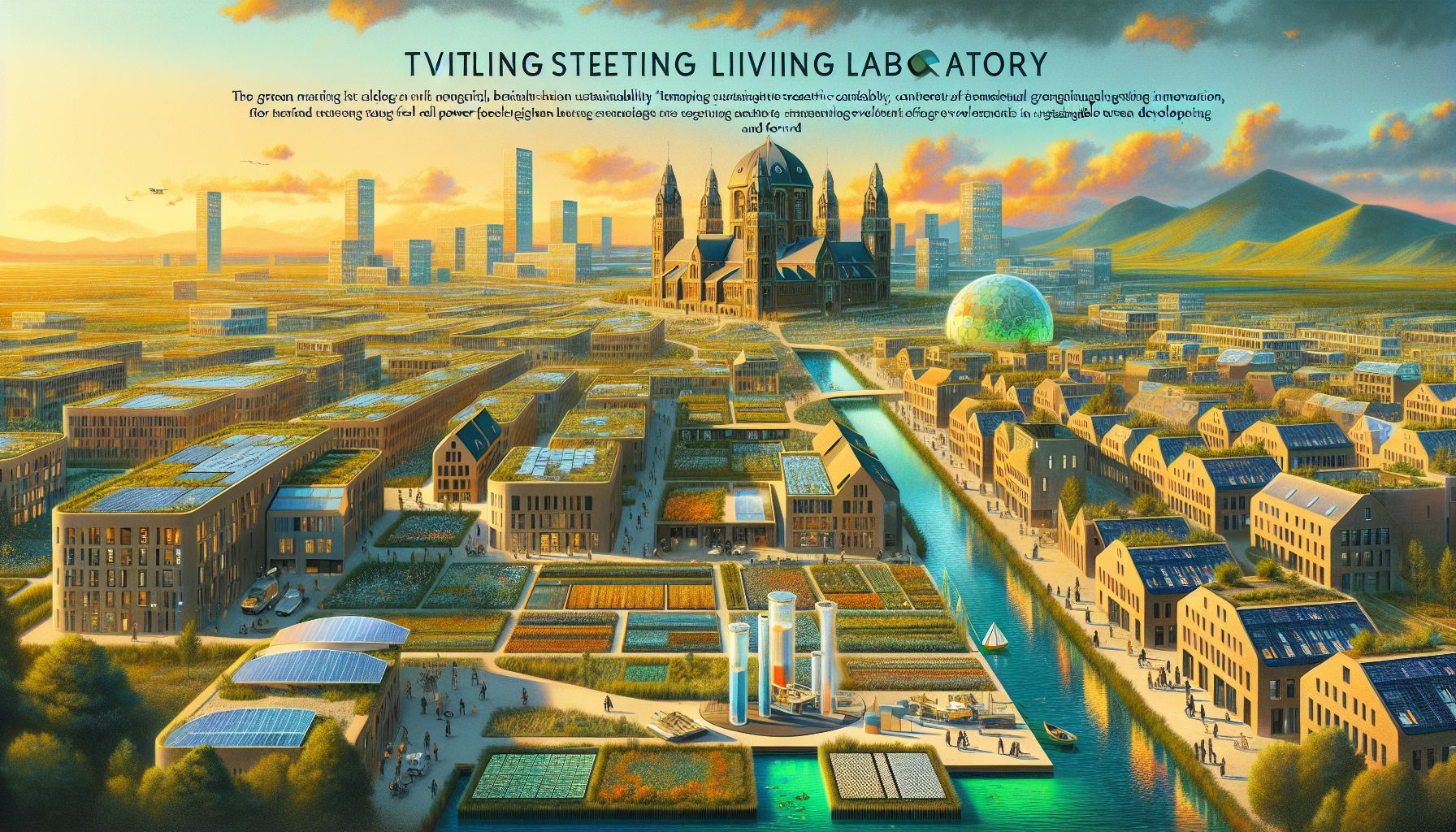TU Delft's Green Village: A Living Laboratory Revolutionizing Sustainable Urban Innovation

Delft, Saturday, 23 November 2024.
In a groundbreaking initiative at TU Delft’s campus, The Green Village is transforming urban sustainability through real-world testing of innovations. Recent donations from Maarten and Riny de Groot are supporting startups like Respyre, developing bioreceptive concrete, and HyER Power, integrating fuel cell technology, marking significant advances in sustainable urban development for 2024 and beyond.
A Hub for Collaborative Innovation
The Green Village stands as a beacon of sustainable innovation, fostering collaboration among researchers, entrepreneurs, and civic bodies. Established in 2011 at the TU Delft Campus in Delft, Zuid-Holland, this field lab is a nexus for testing and validating technologies that promise to reshape urban environments. As a non-profit organization, it operates with a team of 11-50 employees dedicated to addressing the pressing challenges of sustainability and technology in urban settings[1][2].
Empowering Startups and Pioneering Solutions
Recent philanthropic efforts by Maarten and Riny de Groot have injected fresh momentum into The Green Village’s mission. Their donations have empowered startups like Respyre, which focuses on creating nature-inclusive buildings with circular, bioreceptive concrete, and HyER Power, which combines fuel cell and heat pump technologies to provide sustainable energy solutions[2]. These startups are pivotal in advancing the built environment’s sustainability, showcasing how targeted investments can catalyze significant technological advancements.
Innovative Projects and Future Directions
The Green Village is not only a testing ground but also a platform for groundbreaking projects such as the transition of their Office Lab from version 1.0 to 2.0, which maximizes space for sustainable practices. Upcoming events like the Digital Energy Event and the Cobouw Young Talent Award on 26 November 2024, highlight the lab’s commitment to nurturing innovation and talent[1]. Furthermore, initiatives like The Learning Community play a crucial role in addressing societal challenges through open, collaborative environments[1].
A Broader Impact on Urban Sustainability
Through initiatives like the National Climate Week, which featured live broadcasts from The Green Village, the field lab extends its influence beyond academia, engaging the public in dialogues about climate and sustainability. The involvement of diverse stakeholders in these conversations underscores the importance of cooperation in tackling urban sustainability challenges. The Green Village exemplifies how collaborative efforts can lead to scalable and impactful solutions for a sustainable future[1][2].

